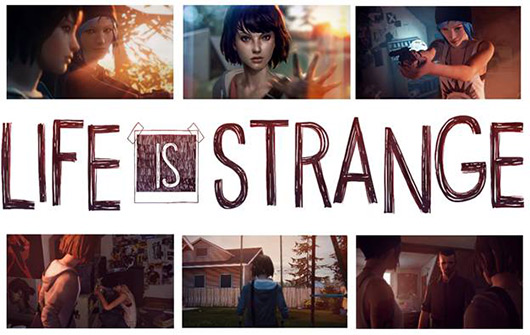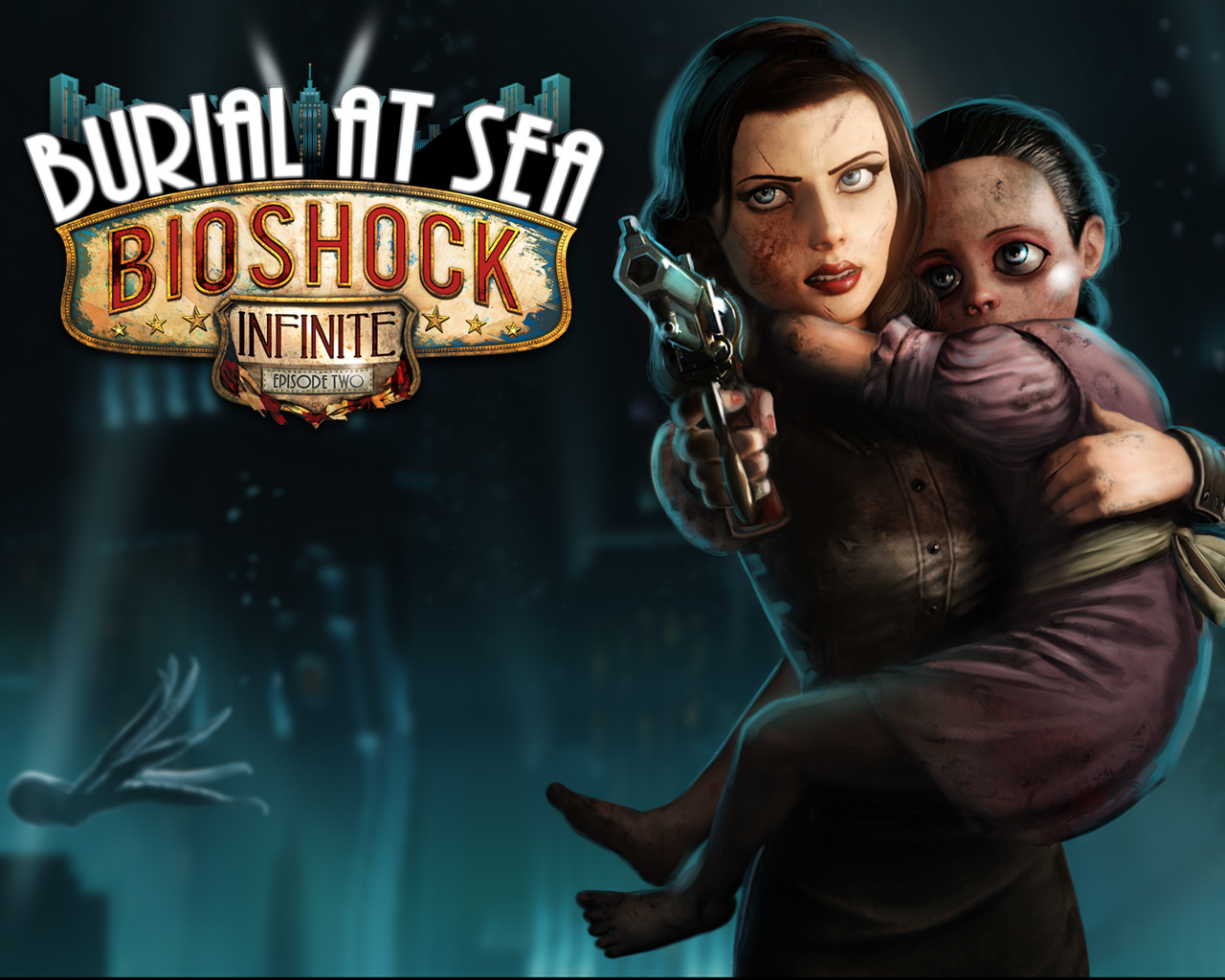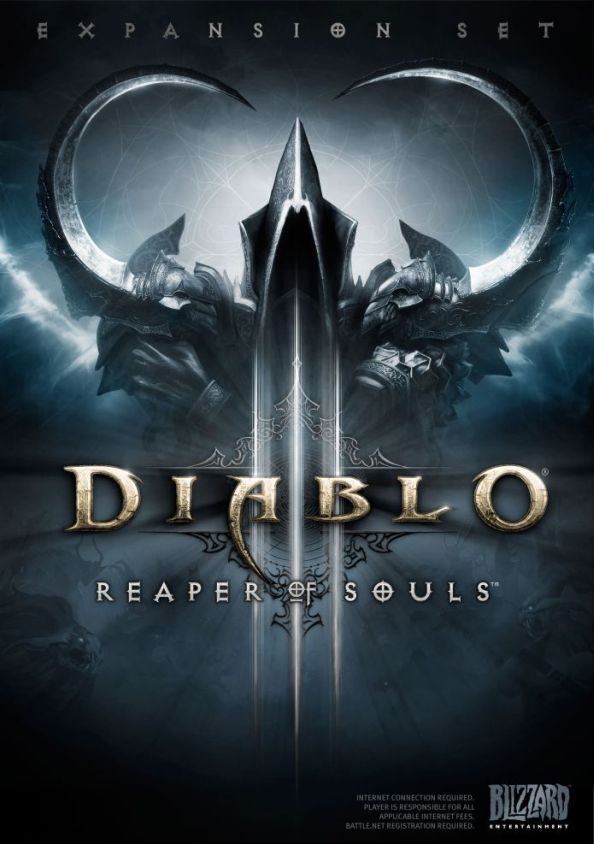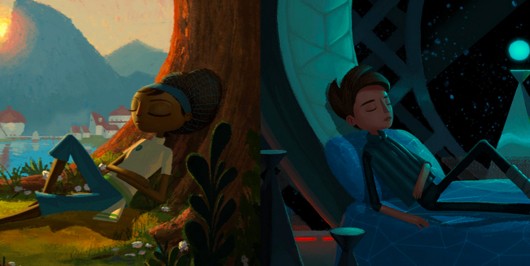 |
| The wonderful cast of Mother 3 |
Last summer I decided to go back and finish Earthbound, otherwise known as Mother 2 in Japan, on the Super Nintendo. Most people are familiar with it in 2016, but I remember buying a complete in box copy for $6 at Best Buy on closeout in the late 90s. Why? Because nobody cared about a cute RPG with minimal violence, odd humor, and a strange plot. Not to mention the fact that nobody really cared about "retro" games at the time. People had moved on to N64 and Playstation, and these Super Nintendo games were seen as disposable. If you are curious, go look up what a boxed copy of Earthbound goes for now...it's not $6. Even I took the game for granted. I realized I had a hard to find game, and I ended up trading it away (profitably) and overlooked the gem I had in my possession.
Needless to say, when I did commit to the game I realized what a rich experience it was. Simple gameplay, but a totally unique experience that really was different from other 16 bit era RPGs like Final Fantasy 6, Chrono Trigger, or Phantasy Star. If you haven't played Earthbound, and you have any interest at all in Japanese RPGs, do yourself a favor and download it from the Nintendo eShop or find some other way to play it. You won't regret the experience. It stays with you. Definitely one of my favorite games of all time.
That being said, Mother 3 is BETTER. I'm not sure I can think of another game that takes the basic formula of a timeless classic predecessor, and outdoes it in every way. Mother 3 is what you get when a developer takes a classic and puts in the polish to not necessarily make it a totally new experience, but iterate just enough that it feels fresh and new.
For those who are unfamiliar, the Mother series has a battle system not totally dissimilar to what you might expect from the Dragon Quest/Warrior series. Here's a basic screenshot

Each character has HP and PP (exactly the same as MP in most games). Battles are turn based, but not random. The enemy encounters are on the map you navigate, and you can gain advantage (or disadvantage) by sneaking up behind an enemy and touching them when they aren't ready. This is standard fare.
What makes Mother 3 in particular unique as compared to it's predecessors is the timing based battle system. Every enemy has a "pulse" which is really a spin off of the battle music, and if you tap the attack button to the pulse, you can get up to 16 hits per attack round per character. This isn't necessary really to get through the game...the difficulty is modest. But it does add flavor to what might otherwise be a bland encounter. I wanted to hear the weird notes that played along as I hit the enemies to the beat. It didn't matter that it had no real bearing on whether I would win or not, although the battles certainly went faster and easier when I got those extra hits in. And the music is fantastic. Certainly the best original soundtrack I have heard from any Game Boy Advance game. It takes certain themes and spins them in different ways for battles, open areas, storytelling, etc.
Another key difference is Chapters. Mother 3 breaks up the game into distinct chapters generally based on different Acts in the story. When you switch to different party members, or a major shift in the plot occurs, chances are you have hit the next chapter. I feel like this gives the game more of a storybook feel than previous entries.
Speaking of plot, this game has one heavy story that will probably force you to reflect not only on it, but perhaps how the themes of the game reflect on experiences you have had in your life with close friends or family. I find it fascinating that a game that features friendly dragons (really dinosaurs) that are right outside the first village, or a strange pig army cult, or gender queer magic pixies otherwise known as Magypsies can ultimately feel grounded and provided me with feelings of empathy.
It doesn't take much time for these themes to manifest themselves in Mother 3. Right at the beginning the characters are forced to deal with traumatic loss that changes them permanently. Life moves on for the cast of Mother 3, but they are never the same. Some characters grow and become better people when forced to deal with trauma...others go down darker paths that lead to further tragedy. I'm going to not say much more about the story since I think you should experience it for yourself, but it made a huge impression on me.
The game is bright and colorful. Towns and dungeons all look different. The attention to detail with NPC dialogue and small interactions even with unimportant objects will make you smile. I feel like the spirit of Hayao Miyazaki resides in this game, and it wouldn't surprise me if they drew some inspiration from his animated works. The game oozes charm and beauty.
I should also mention the dancing monkeys. Oh yeah, spoiler alert, there are dancing monkeys.
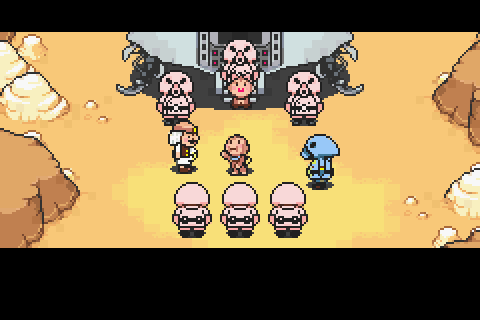
How could you not like that?
I think it's probably best to play Earthbound on SNES before moving on the Mother 3, but then again it's not required. There are a few significant connections between the stories of both games, despite Mother 3 easily standing by itself. But you could probably get through Mother 2 and 3 (should I be saying Mothers 2 and 3? Is it like attorneys general?) in less than 40 hours together, and for an RPG that is not a huge commitment. It's also not one of those experiences that will feel laborious. Some great games out there can feel like a lot of work to get through, but this has a leisurely pace and feel. It's a game you can unwind too, although don't be surprised if you cry a bit as you progress.
So...when will Nintendo put this game out officially in English? I played this on a hacked Game Boy Advance cart that was translated by fans. That's great and all, but I'd prefer Nintendo get my money for this (the people who put out the translation and repro cart agree) since it is a true gem and well worth the price. I think I paid $12 for the cartridge on eBay, which seems insane to me given how much personal value I received from the game. I guess in 2005 Nintendo didn't see the market for this, but given the amount of imports already on the various Virtual Consoles, the existence of Lucas and Claus in Smash Brothers, and frankly the fact that a translation seems trivial when compared to the significance of a western release for what many besides myself consider to be one of the best games of all time, one wonders how they still haven't put this on Wii U or 3DS. Everybody seems to agree that Nintendo could use more games for the Wii U, so why not polish this up and make a big deal out of it? I'm not in their sales department, but I have to think there is money to be made.
As you can tell, I have nothing but the highest praise for Mother 3. It is a true classic, and one of the best JRPGs I have ever played. If you have any interest in this type of game, go out and play a ROM or do what I did and buy a repro cartridge. You won't regret it.
For those who are unfamiliar, the Mother series has a battle system not totally dissimilar to what you might expect from the Dragon Quest/Warrior series. Here's a basic screenshot

Each character has HP and PP (exactly the same as MP in most games). Battles are turn based, but not random. The enemy encounters are on the map you navigate, and you can gain advantage (or disadvantage) by sneaking up behind an enemy and touching them when they aren't ready. This is standard fare.
What makes Mother 3 in particular unique as compared to it's predecessors is the timing based battle system. Every enemy has a "pulse" which is really a spin off of the battle music, and if you tap the attack button to the pulse, you can get up to 16 hits per attack round per character. This isn't necessary really to get through the game...the difficulty is modest. But it does add flavor to what might otherwise be a bland encounter. I wanted to hear the weird notes that played along as I hit the enemies to the beat. It didn't matter that it had no real bearing on whether I would win or not, although the battles certainly went faster and easier when I got those extra hits in. And the music is fantastic. Certainly the best original soundtrack I have heard from any Game Boy Advance game. It takes certain themes and spins them in different ways for battles, open areas, storytelling, etc.
Another key difference is Chapters. Mother 3 breaks up the game into distinct chapters generally based on different Acts in the story. When you switch to different party members, or a major shift in the plot occurs, chances are you have hit the next chapter. I feel like this gives the game more of a storybook feel than previous entries.
Speaking of plot, this game has one heavy story that will probably force you to reflect not only on it, but perhaps how the themes of the game reflect on experiences you have had in your life with close friends or family. I find it fascinating that a game that features friendly dragons (really dinosaurs) that are right outside the first village, or a strange pig army cult, or gender queer magic pixies otherwise known as Magypsies can ultimately feel grounded and provided me with feelings of empathy.
It doesn't take much time for these themes to manifest themselves in Mother 3. Right at the beginning the characters are forced to deal with traumatic loss that changes them permanently. Life moves on for the cast of Mother 3, but they are never the same. Some characters grow and become better people when forced to deal with trauma...others go down darker paths that lead to further tragedy. I'm going to not say much more about the story since I think you should experience it for yourself, but it made a huge impression on me.
The game is bright and colorful. Towns and dungeons all look different. The attention to detail with NPC dialogue and small interactions even with unimportant objects will make you smile. I feel like the spirit of Hayao Miyazaki resides in this game, and it wouldn't surprise me if they drew some inspiration from his animated works. The game oozes charm and beauty.
I should also mention the dancing monkeys. Oh yeah, spoiler alert, there are dancing monkeys.

How could you not like that?
I think it's probably best to play Earthbound on SNES before moving on the Mother 3, but then again it's not required. There are a few significant connections between the stories of both games, despite Mother 3 easily standing by itself. But you could probably get through Mother 2 and 3 (should I be saying Mothers 2 and 3? Is it like attorneys general?) in less than 40 hours together, and for an RPG that is not a huge commitment. It's also not one of those experiences that will feel laborious. Some great games out there can feel like a lot of work to get through, but this has a leisurely pace and feel. It's a game you can unwind too, although don't be surprised if you cry a bit as you progress.
So...when will Nintendo put this game out officially in English? I played this on a hacked Game Boy Advance cart that was translated by fans. That's great and all, but I'd prefer Nintendo get my money for this (the people who put out the translation and repro cart agree) since it is a true gem and well worth the price. I think I paid $12 for the cartridge on eBay, which seems insane to me given how much personal value I received from the game. I guess in 2005 Nintendo didn't see the market for this, but given the amount of imports already on the various Virtual Consoles, the existence of Lucas and Claus in Smash Brothers, and frankly the fact that a translation seems trivial when compared to the significance of a western release for what many besides myself consider to be one of the best games of all time, one wonders how they still haven't put this on Wii U or 3DS. Everybody seems to agree that Nintendo could use more games for the Wii U, so why not polish this up and make a big deal out of it? I'm not in their sales department, but I have to think there is money to be made.
As you can tell, I have nothing but the highest praise for Mother 3. It is a true classic, and one of the best JRPGs I have ever played. If you have any interest in this type of game, go out and play a ROM or do what I did and buy a repro cartridge. You won't regret it.

